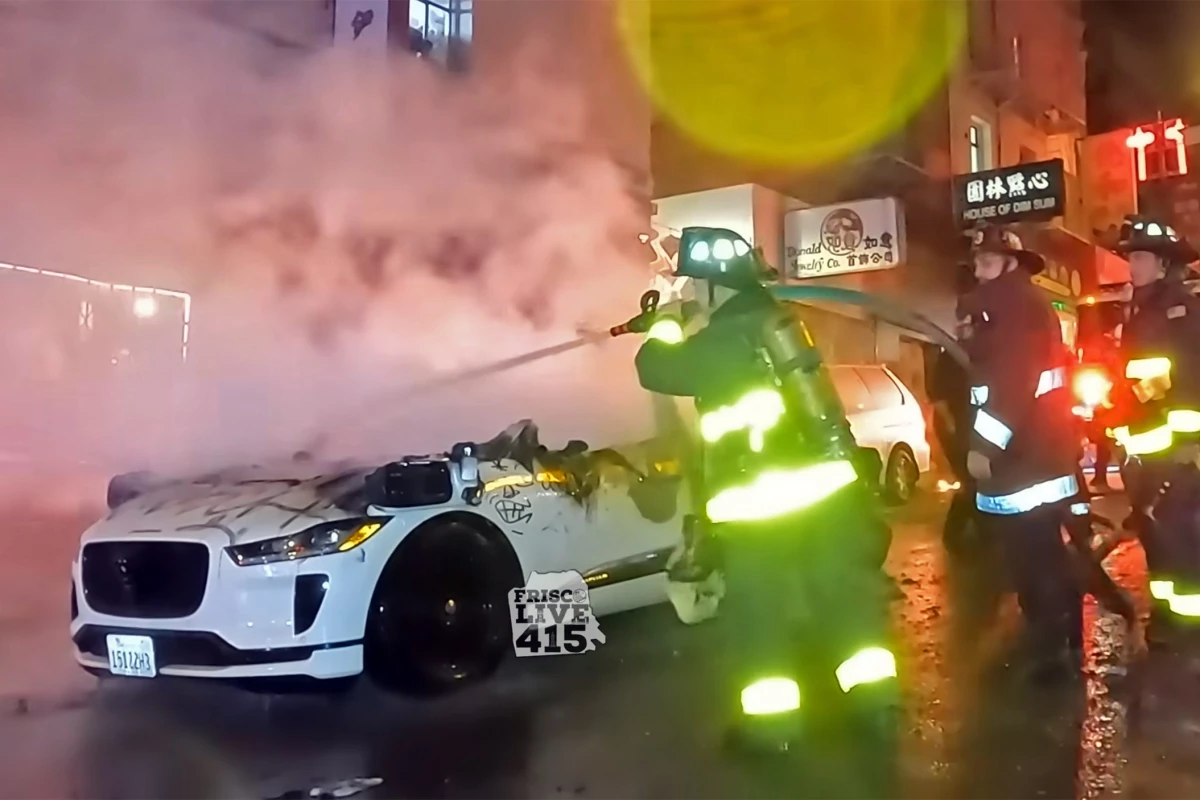Three weeks after one of Waymo's autonomous vehicles drove itself into a telephone pole for no apparent reason whatsoever (prompting 672 cars recalled), Waymo has released a statement saying its AVs are still 200 to 350% better at avoiding crashes than humans.
Waymo, a subsidiary of Alphabet Inc. (the parent company of Google), was formed in 2016 as a spin-off of Google's self-driving car division. In 2020, Waymo became the first company to offer service to the public as a fully self-driving taxi service.
The autonomous vehicle company has been plagued with negative headlines throughout its short history. By 2021, the National Highway Traffic Safety Administration (NHTSA) had recorded 150 crashes involving Waymo vehicles. In December of 2023, two Waymo robotaxis crashed into the same truck being towed on a highway only minutes apart. In February of this year, one of its cars struck a bicyclist in San Francisco. The latter two incidents prompted a recall of 444 of the company's cars.

There's been plenty of public backlash with the service, and numerous incidents of people interfering with and vandalizing the cars in protest under the guise that Waymo AV's are unsafe. Cars have been coned off to block their path, people have covered up the car's sensors, and there have even been reports of people setting them on fire.
Last month the NHTSA launched an investigation into Waymo, focusing on 31 incidents including the robo-taxis smashing into closed gates, driving on the wrong side of the road, and being the subject of car fires.
This month, Waymo posted to X (formerly Twitter) that its vehicles, compared to humans driving the same 14.8 million-mile (23.8 million-km) distance, had 30 fewer injury-causing crashes and 32 fewer police-reported crashes. The company claimed that these figures made their vehicles 3.5x and 2x safer, respectively, than vehicles driven by humans.
New data shows that the Waymo Driver continues to make roads safer. Over 14.8M rider-only miles driven through the end of March, it was up to 3.5x better in avoiding crashes that cause injuries and 2x better in avoiding police-reported crashes than human drivers in SF & Phoenix. pic.twitter.com/w6uUIAoe9t
— Waymo (@Waymo) June 18, 2024
The breakdown is the sum of 3.83 million San Francisco miles with 17 fewer injury crashes and 12 fewer police-reported crashes, along with 10.92 million Phoenix miles with 13 and 20 fewer, respectively. Waymo currently operates its driverless cars in both cities, and expects to offer service in Los Angeles and Austin, Texas soon.
Having personally lived and driven extensively in San Francisco, I can attest that the streets of SF resemble that of an amateur destruction derby, leaving no car unscathed.




